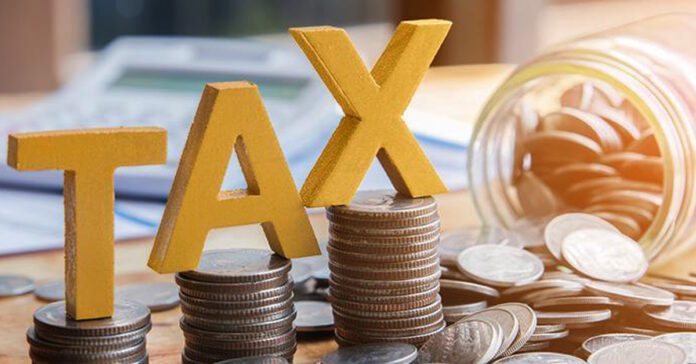The financial year, also known as the fiscal year, is a period of 12 months used by businesses and governments to report their financial performance. As new financial year begins from Saturday (April 1) new tax rules also have come into effect.
The Central government says that new tax rules will benefit several tax payers. Financial Minister Nirmala Sitaraman announced new tax slabs in Budget session in the parliament this year.
According to NDTV, the government will make the new income tax regime, the default regime beginning with the new fiscal year. Taxpayers will still be able to choose the old tax regime, but they will have to indicate this preference explicitly.
Previously, taxpayers could claim benefits such as house rent allowance (HRA), interest on home loan, children education allowance, and professional tax deduction.
According to Forbes, those who choose the new tax regime will no longer be able to claim these common exceptions.
Those who opt for the new tax regime will be taxed according to new slabs. The tax rebate limit will be increased from 5 lakh to 7 lakh under the new regime. Individuals with annual incomes of up to 7 lakh would be exempt from paying tax under the new regime.
As per experts, the move will force salaried taxpayers to switch to a new tax regime.
New Tax Rules:
The new tax slab rates are stated as follows:
- Income part from Rs 3 lakh to 6 lakh- 5% tax
- Rs 6 lakh to Rs 9 lakh- 10% tax
- Rs 9 lakh to Rs 12 lakh- 15% tax
- Rs 12 lakh to Rs 15 lakh- 20% tax
- Above Rs 15 lakhs- 30% tax
Furthermore, the annual exempt limit for leave encashment under Leave Travel Allowance (LTA) has been raised to 25 lakh. Since 2002, the limit has been 3 lakh.
Senior citizens will benefit more because the savings scheme limit will be increased from 15 lakh to 30 lakh.
ALSO READ: Tech, Taxes and Transformation, at the Centre of Pre-Budget Expectations Across Sectors


